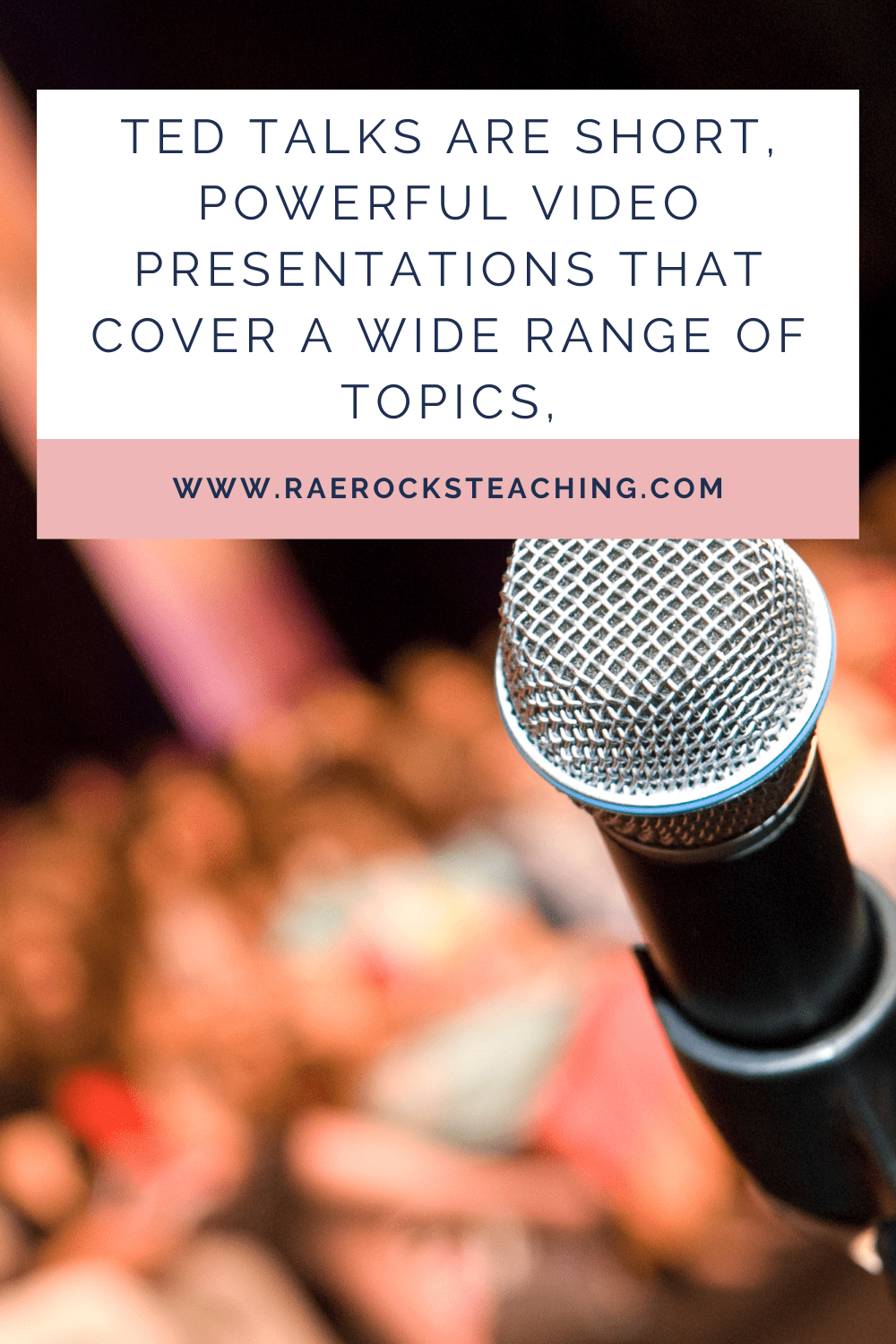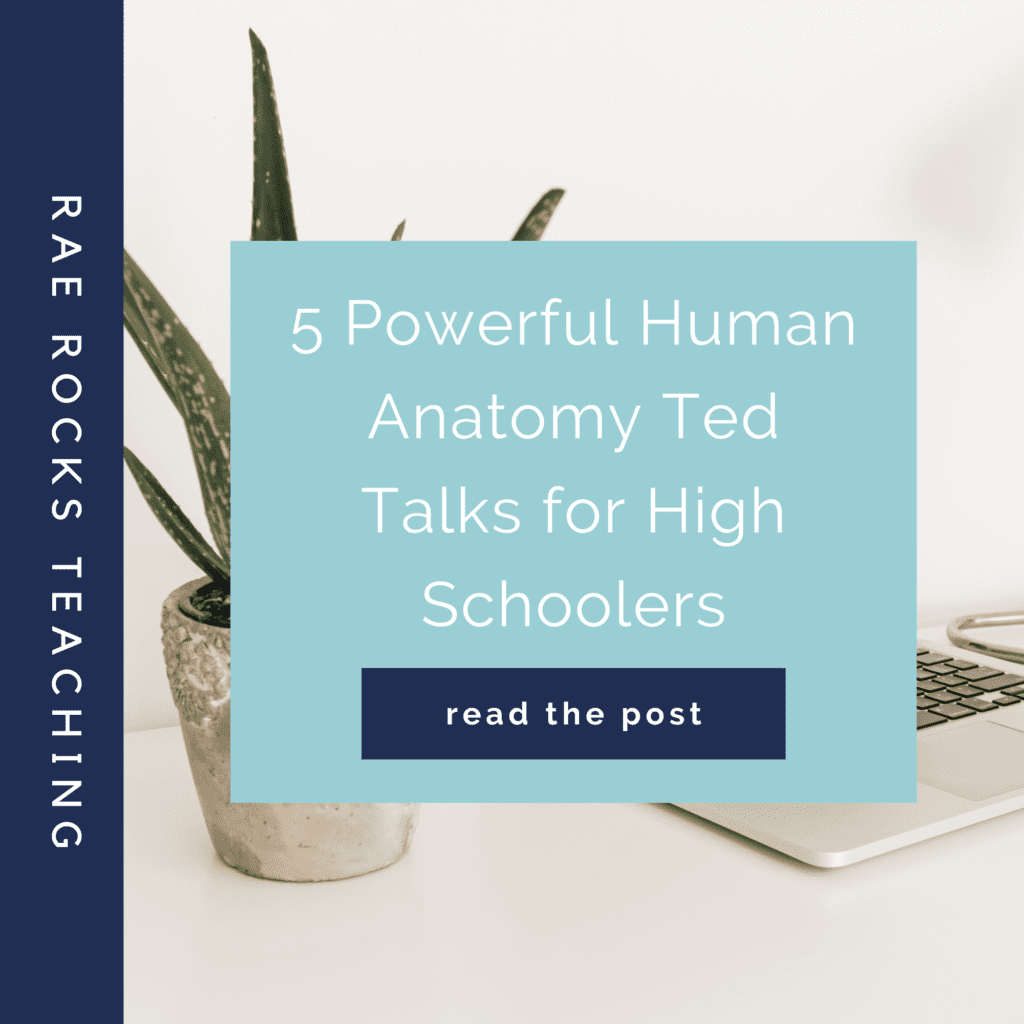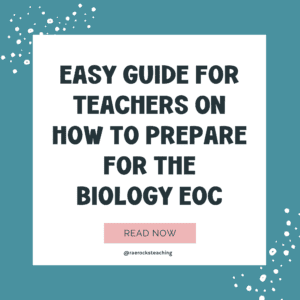Have you wondered how TED talks for high schoolers would benefit your students? Do you want your high school anatomy students to feel invigorated and inspired by their studies? Ted talks can be a powerful way to capture their attention and keep them engaged. In this blog post, I’ll share 5 awesome, interesting ted talks for high school anatomy students to help them gain insight into their field of study, and explore the exciting possibilities that come with continuing their education.
__________________________________________________________________________
Are you a new teacher looking to feel more confident leading the classroom? Teaching With Confidence is the answer! With our innovative approach to instruction, you’ll have the confidence to bring your teaching skills to the next level. Whether you’re just starting out or have decades of experience, Teaching With Confidence gives you the tools to succeed. Click HERE to find out more!
___________________________________________________________________________
This collection of talks will give students the opportunity to hear from world-renowned experts in the field, and provide them with the motivation they need to succeed. We will also provide strategies on how to best use ted talks for high schoolers in the classroom to maximize learning and retention. If you’re looking to make your high school anatomy classes more interactive, meaningful and fun, then you’ve come to the right place.
What are TED Talks?
TED Talks for high schoolers are short, powerful video presentations that cover a wide range of topics, including science, technology, art, business, and more. The talks are typically given by experts or thought leaders in their fields, and aim to share ideas, insights, and knowledge in a way that is engaging, thought-provoking, and inspiring.

-
Save
TED (which stands for Technology, Entertainment, and Design) is a nonprofit organization that was founded in 1984, with the goal of promoting “ideas worth spreading.” The organization’s flagship event is the annual TED Conference, which brings together a diverse group of speakers to share their ideas and insights with a global audience. TED Talks are now available online for free, and have become a popular resource for people around the world who are looking to learn, grow, and be inspired.
Benefits of TED Talks For Students
ONE | Exposure to new ideas: TED talks cover a wide range of topics, from science and technology to art and culture. By showing these talks to students, teachers can expose them to new and exciting ideas that they might not encounter in their regular coursework.
TWO | Inspiration and motivation: TED talks are often given by experts or thought leaders in their fields, and can be incredibly inspiring and motivating for students. By seeing examples of people who have achieved great things through hard work, creativity, and innovation, students may be inspired to pursue their own passions and goals.
THREE | Critical thinking skills: TED talks for high schoolers can also help develop critical thinking skills, as students are exposed to complex ideas and concepts that require careful analysis and evaluation. By discussing and dissecting these talks in class, students can learn to think critically and develop their analytical skills.
FOUR | Multimedia learning: Many TED talks are presented in a visually engaging format, with images, videos, and other multimedia elements. This can be an effective way to engage students and help them learn, as they are more likely to remember and understand information that is presented in a dynamic and interactive way.
FIVE | Global awareness: TED talks for high schoolers often feature speakers from around the world, and can help students develop a more global perspective on issues and ideas. By exposing students to a diverse range of voices and perspectives, teachers can help them become more informed and empathetic global citizens.

-
Save
Interesting TED Talks for High School Students
“What Happens to your Brain During a Migraine?” By Marianne Schwarz: Do you ever get a really bad headache? It could be a migraine. A migraine is an illness with a headache that can be really bad. It can also cause bright lights to flash in your vision and make you really sensitive to light. You might also get really tired and have problems sleeping. There are many things that can cause a migraine, but doctors don’t know what all of them are yet. Marianne Schwarz is working to figure out more about migraines and why they happen.
“The Hidden Influence of Social Networks” by Nicholas Christakis: This talk looks at the power of social networks to influence our behavior and health, and explores how our connections with others can impact everything from our emotions to our immune systems.
“The Surprising Science of Happiness” by Dan Gilbert: In this talk, psychologist Dan Gilbert explores the question of what makes us truly happy, and looks at some surprising insights from research on the science of happiness.
“How can technology transform the human body?” by Lucy McRae: McRae discusses how technology can be used to transform the human body in a positive way. McRae begins by describing her own background as a body architect and how her work has led her to explore how technology can be used to modify and enhance the human body. She discusses her project called “The Institute of Isolation,” which explores how humans might adapt to living in extreme environments such as space. McRae goes on to showcase a number of her other projects, including a wearable garment that functions like a second skin, a device that uses sound waves to stimulate the muscles and provide a workout without physical exertion, and a “Swallowable Parfum” pill that releases scent from the skin. Throughout her talk, McRae emphasizes the potential benefits of using technology to transform the human body.
“How high altitude affects your body.” by Andrew Lovering: This TED Talk explains the physiological effects of high altitude on the human body. Lovering also discusses the potential dangers of high altitude, such as the risk of developing pulmonary edema, a condition in which fluid accumulates in the lungs. He emphasizes the importance of understanding the physiological effects of high altitude, particularly for people who live or work at high altitudes, such as mountain climbers or pilots. He argues that by better understanding these effects, we can develop more effective treatments and improve the health and safety of those who live and work at high altitudes.

-
Save
Don’t forget to check out TEACHING WITH CONFIDENCE and get on the waitlist for the next Round of Cohorts opening.

-
Save
I love sharing helpful content with y’all and would love to connect on IG or Facebook. I’m on TikTok too! Follow me and send me a DM with what you need more of because I’m here to help! If you are looking for even more inspiration, find me on Pinterest!
Wanna read more?
5 Surprising Reasons Why I Encourage Teaching with Movies in Science
Why is Medical Terminology So Important To Teach In High School Anatomy?
Share via:










One Response